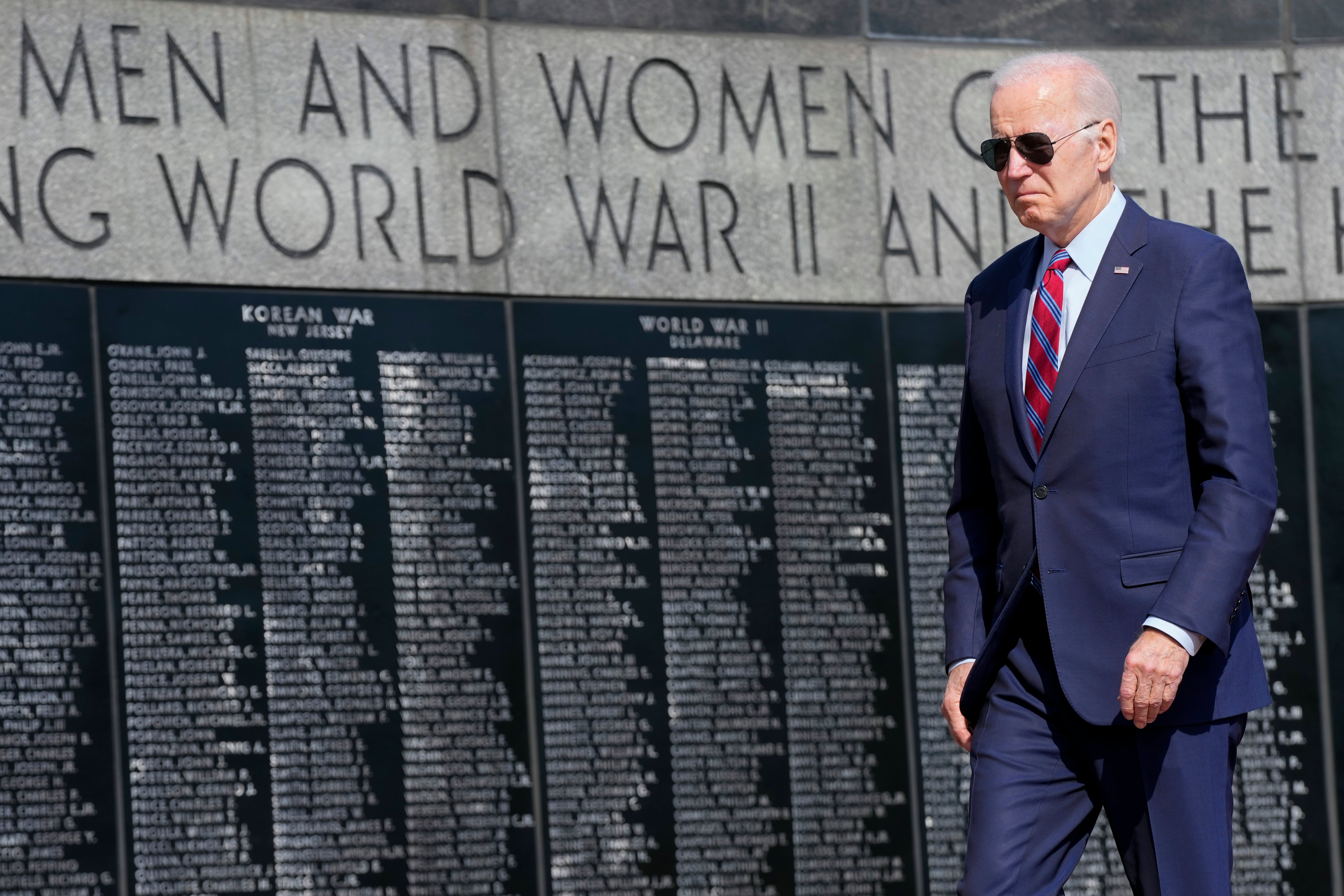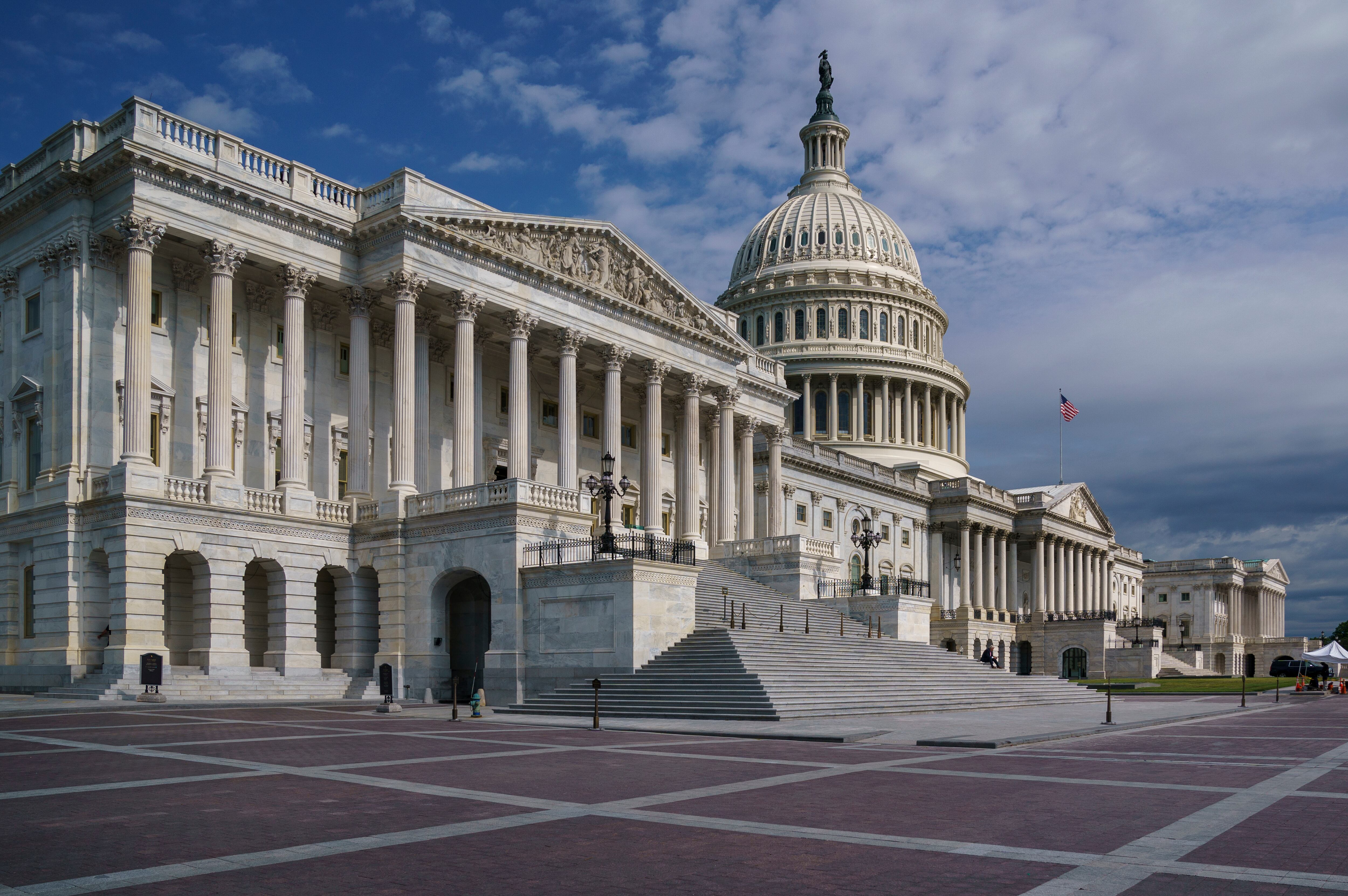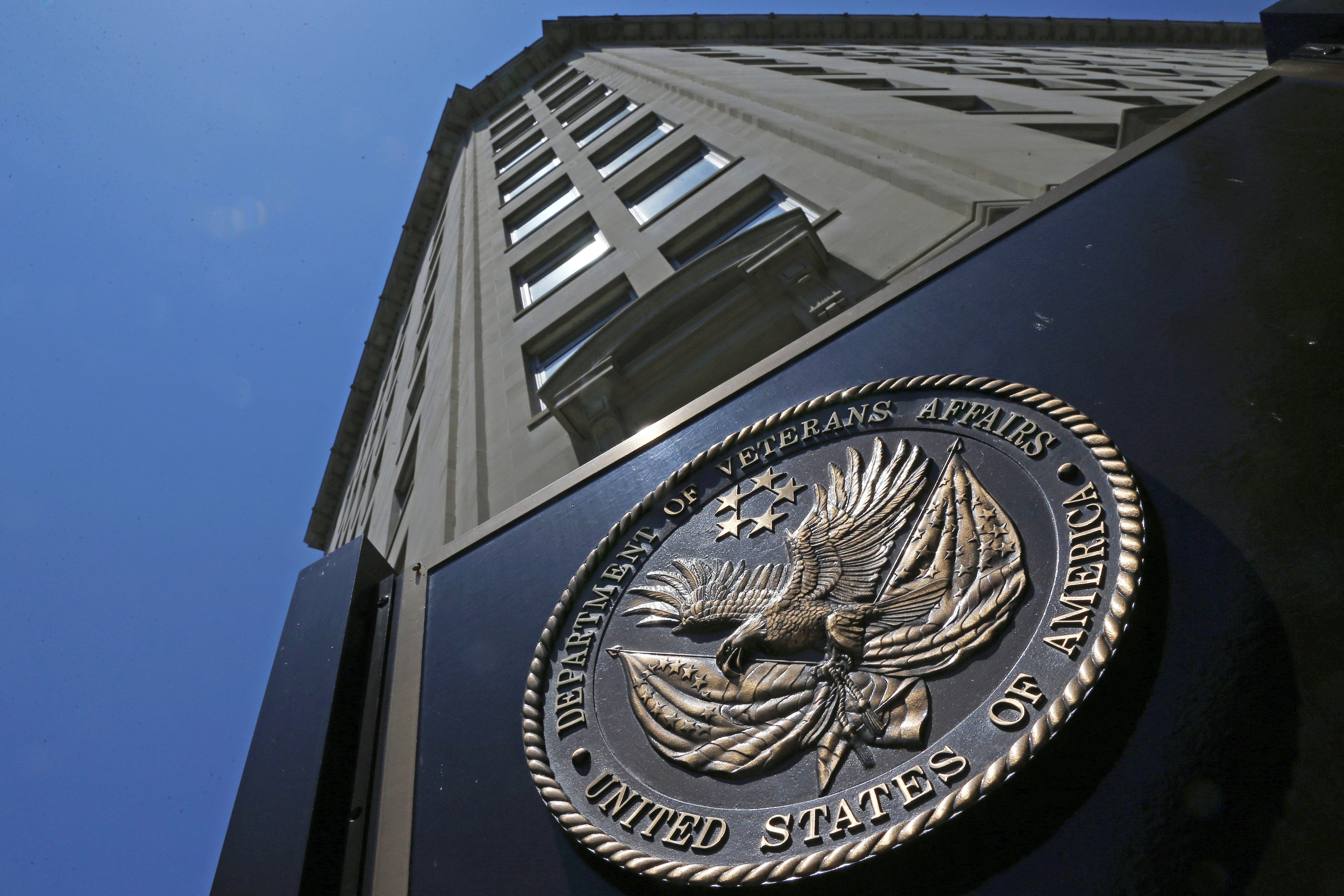House Republicans responded to President Joe Biden’s veto threat on their Veterans Affairs appropriations bill by adding even more controversial social issues into the measure, further complicating negotiations on how to fund veterans programs into next year.
On Thursday, the chamber advanced a $320 billion funding measure for the Department of Veterans Affairs for fiscal 2024, which would give the agency its largest budget ever. The final 219-211 vote was along party lines, with only Republicans backing the plan.
The cost of the spending plan matches what White House officials requested earlier this year and has not been a sticking point in negotiations. Rather, Democrats objected to amendments included in the bill which would bar VA officials from providing any abortion services, severely limit health care options for transgender veterans, and bar department facilities from displaying the LGBT pride flag at any time.
“VA Is a place where all veterans should feel welcomed, included, and cared for,” said Rep. Debbie Wasserman Schultz, D-Fla., and ranking member of the House Appropriations Committee’s panel on veterans issues, ahead of the vote. “All veterans means all veterans. And what this bill does is shameful.”
RELATED

On Monday, the White House issued a veto threat on the appropriations bill, the first to be voted on by the House this year. Officials cited the “partisan policy provisions with devastating consequences” included in the measure as the reason for the president’s opposition.
But the threat only served to embolden House Republicans, who added several other amendments opposed by Democrats ahead of final passage.
They included provisions barring VA leaders from changing the department’s motto to gender-neutral language; eliminating the department’s Office of Resolution Management, Diversity and Inclusion; loosening gun ownership restrictions for veterans found incapable of managing their estates; and prohibiting VA from enforcing any COVID-19 mask mandates.
Republican lawmakers said the moves are needed to rein in partisan policies put in place under the current administration. They also praised the overall package as critical to fulfilling the nation’s promise to its former military members.
“This bill makes good on that promise by fully funding veterans health care while ensuring our veterans get the medical treatment and benefits they deserve,” said Rep. Kay Granger, R-Texas and chairwoman of the House Appropriations Committee. “The bill also prohibits funding to be used for biased and controversial programs.”
The measure now heads to the Senate for consideration, but Democratic leaders there have already said that they’ll oppose many of the provisions that led to the presidential veto threat. That leaves the future of the appropriations plan in doubt.
The Veterans Affairs bill — which also includes several billion dollars for military construction projects — is the only one of the 12 appropriations bills that Congress must adopt by Oct. 1 to fully fund the federal government.
Lawmakers are scheduled to go on a six-week recess starting Friday. When they return, they’ll have fewer than 20 legislative days to reach agreement on a long-term or short-term budget deal or risk triggering a partial government shutdown.
Leo covers Congress, Veterans Affairs and the White House for Military Times. He has covered Washington, D.C. since 2004, focusing on military personnel and veterans policies. His work has earned numerous honors, including a 2009 Polk award, a 2010 National Headliner Award, the IAVA Leadership in Journalism award and the VFW News Media award.




